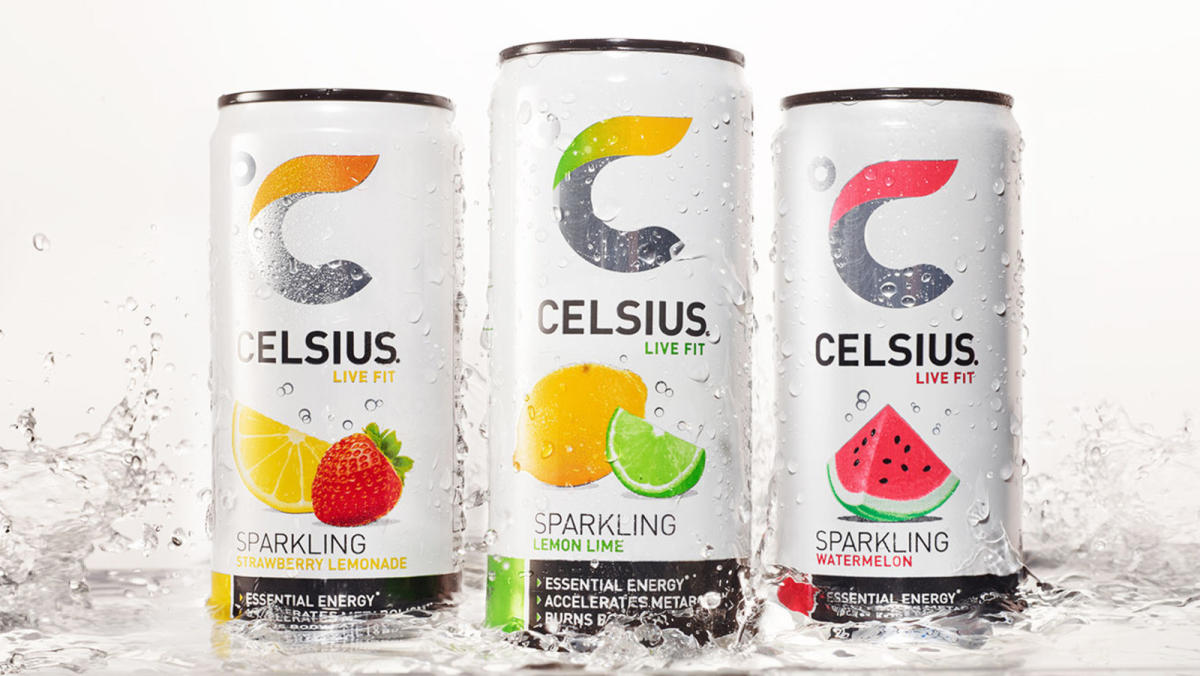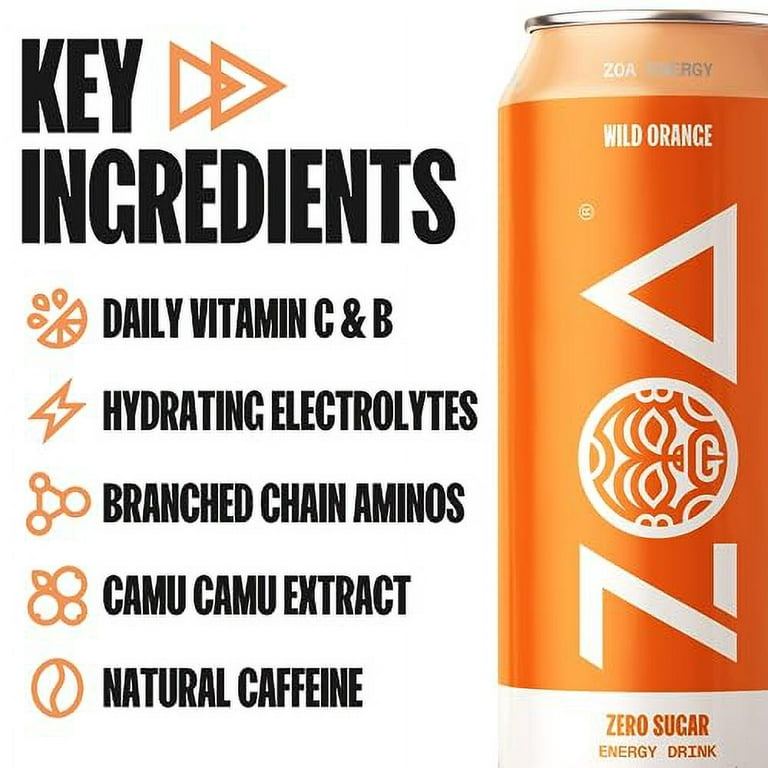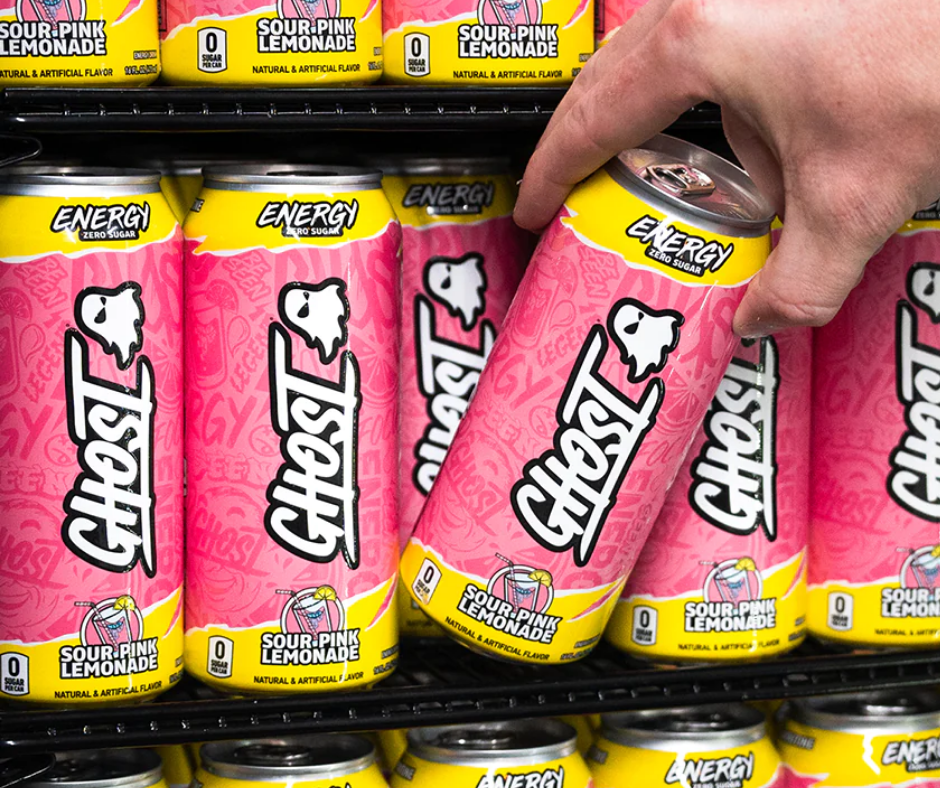Coffee Vs Red Bull: A Caffeine Content Analysis
When it comes to choosing your source of caffeine, two popular contenders battle for the spotlight: coffee and Red Bull. Whether you’re looking for a morning wake-up call or an afternoon pick-me-up, understanding the caffeine content in each can help you make an informed decision.
Caffeine in Coffee: A Natural Stimulant
Coffee, the age-old beverage, is derived from natural sources—roasted coffee beans. The caffeine levels in coffee can vary widely depending on factors such as:
- Type of coffee bean
- Roasting process
- Brewing method
In general, a standard 8-ounce cup of coffee contains between 80 and 200 mg of caffeine. This wide range means that it’s possible to control your caffeine intake by adjusting the strength and size of your coffee serving.
Types of Coffee and Their Caffeine Content
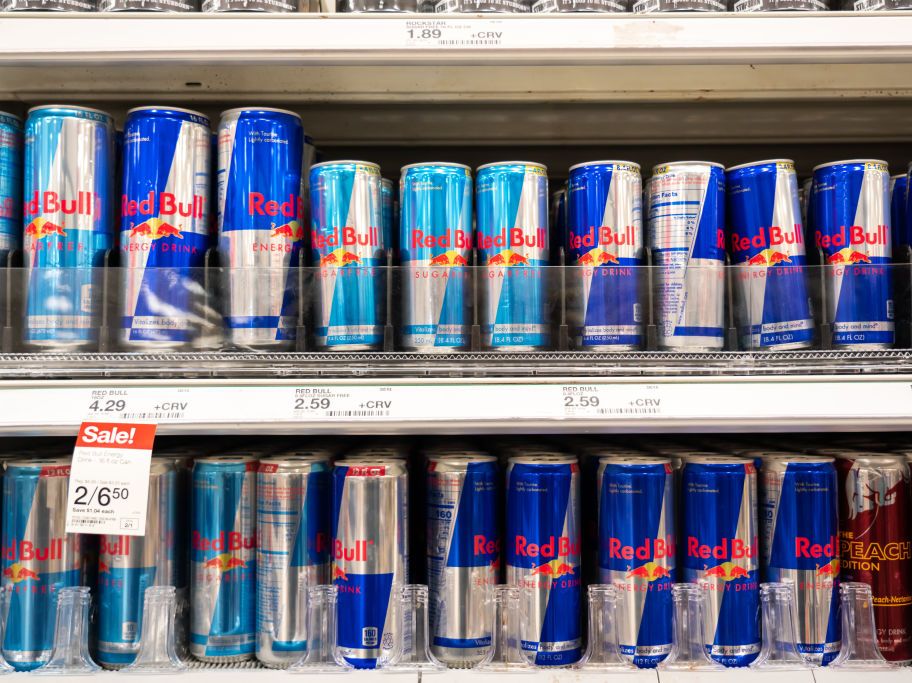
| Type of Coffee | Average Caffeine Content |
|---|---|
| Brewed Coffee | 95 mg per 8 oz |
| Espresso | 64 mg per 1 oz |
| Instant Coffee | 63 mg per 8 oz |
| Decaf Brewed | 2 mg per 8 oz |
Red Bull: Caffeine and More in a Can
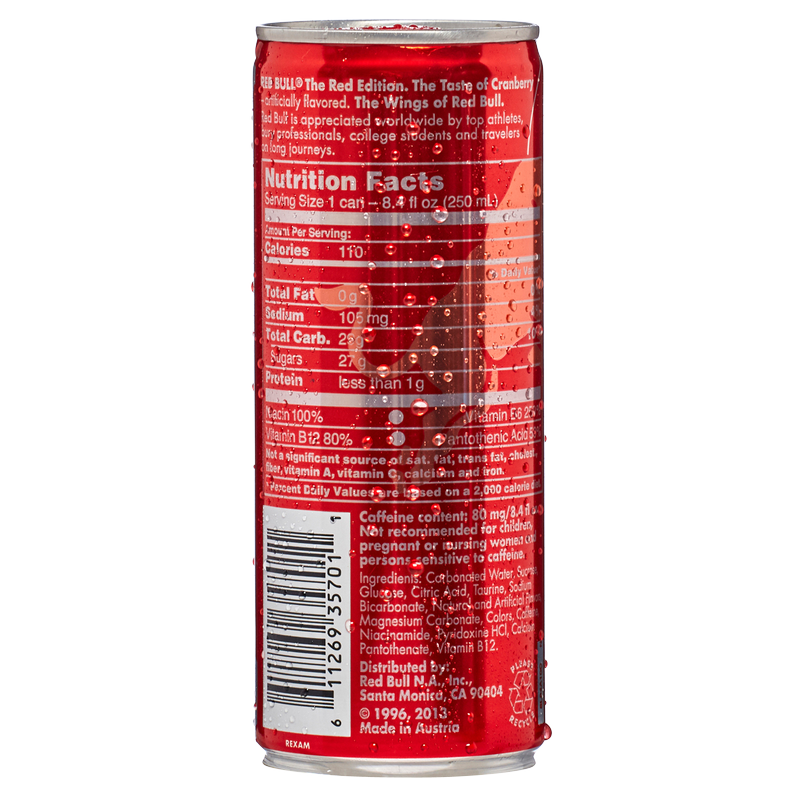
Red Bull, on the other hand, is a manufactured energy drink that offers 80 mg of caffeine per 8.4-ounce can. Unlike coffee, Red Bull contains a fixed level of caffeine, as well as additional ingredients such as:
- Taurine
- B-group vitamins
- Sugars
- Artificial flavors and colors
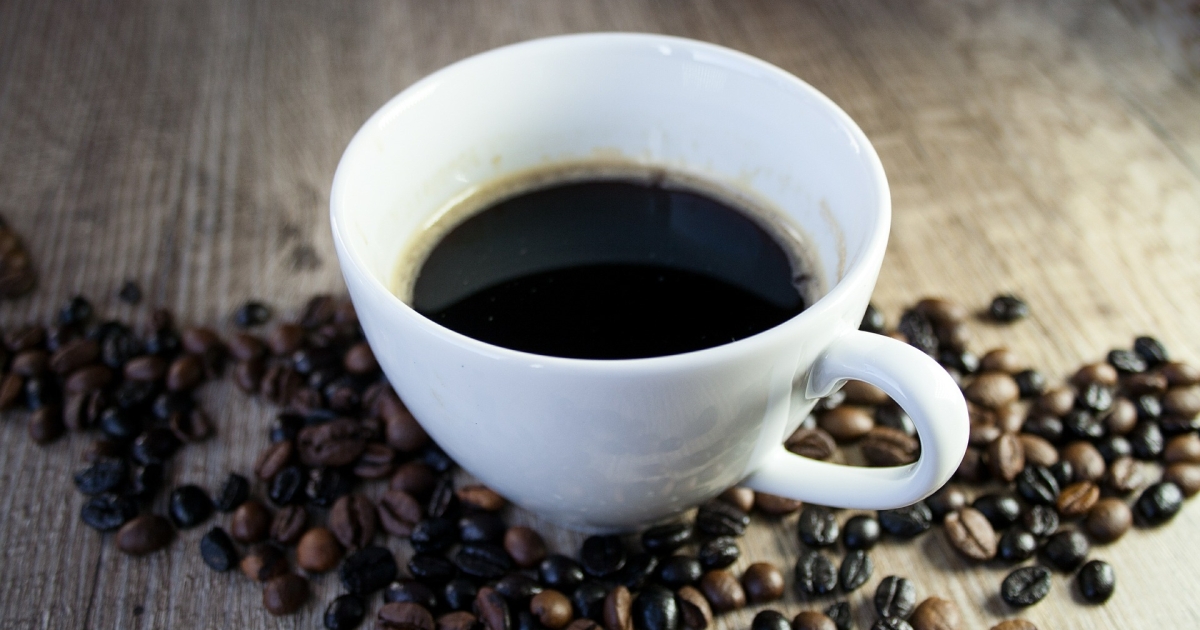
What a Can of Red Bull Contains
| Ingredient | Amount per 8.4 oz Can |
|---|---|
| Caffeine | 80 mg |
| Taurine | 1 g |
| Sugars | 27 g |
| Niacin (Vitamin B3) | 100% of RDI |
| Vitamin B6 | 250% of RDI |
| Vitamin B12 | 80% of RDI |
Coffee Vs. Red Bull: Caffeine Showdown

When comparing the two head-to-head, coffee often contains more caffeine than Red Bull, but because coffee’s caffeine content can vary so much, it’s possible to find cups of coffee that are weaker or stronger than a can of Red Bull.
Coffee, the Versatile Beverage
Advantages:
- Natural source of caffeine
- Can be tailored in strength
- Contains antioxidants
- Generally lacks artificial ingredients
Considerations:
- Caffeine content varies
- Can be high in calories when additives are included
Red Bull, the Consistent Energy Drink
Renting Movies On Amazon Prime
Advantages:
- Fixed amount of caffeine
- Contains additional energy-giving ingredients
- Convenient canned format
Considerations:
- Higher in sugar
- Contains artificial additives
- Expensive compared to coffee per serving
Which Should You Choose?
Moderation is Key: No matter your choice, both should be consumed in moderation. Coffee may be a better daily choice due to its antioxidant benefits and lower sugar content. Red Bull might serve as an occasional booster, especially when you need a consistent and quick source of energy.
Recommended Intakes
Experts recommend a maximum caffeine intake of 400 mg per day for most adults. Pregnant women, children, and individuals sensitive to caffeine should consume less.
Conclusion
In the debate of Coffee Vs. Red Bull caffeine content, coffee edges out with its natural variability and potential health benefits. However, Red Bull offers a consistent dose with additional energy-giving compounds. Consider your personal health goals and flavor preferences when making your caffeine choice, but always prioritize moderation to enjoy the benefits of these stimulating beverages safely.
